Greenwich House - The Center for Resiliency and Wellness

Overview
Greenwich House - The Center for Resiliency and Wellness is a mental health treatment center for people seeking treatment near New York County. As part of their treatment modalities for recovery, Greenwich House - The Center for Resiliency and Wellness provides couples/family therapy, group counseling, and cognitive behavioral therapy during treatment. Greenwich House - The Center for Resiliency and Wellness is located in New York City, New York, accepting cash or self-payment for treatment.
Greenwich House - The Center for Resiliency and Wellness at a Glance
Payment Options
- Cash or self-payment
- Medicaid
- Medicare
- Private health insurance
- County or local government funds
Assessments
- Screening for tobacco use
- Comprehensive mental health assessment
- Comprehensive substance use assessment
Age Groups
- Seniors or older adults
- Young adults
- Children/adolescents
- Adults
- Seniors
Ancillary Services
- Family psychoeducation
- Suicide prevention services
Highlights About Greenwich House - The Center for Resiliency and Wellness
6.88/10
With an overall rating of 6.88/10, this facility has following balanced range of services. Alcohol Rehabilitation: 8.00/10, Drug Rehab and Detox: 6.00/10, Insurance and Payments: 6.67/10, Treatment Options: 6.85/10.-
Alcohol Rehabilitation 8.00
-
Treatment Options 6.85
-
Insurance and Payments 6.67
-
Drug Rehab and Detox 6.00
Accreditations
SAMHSA certification for opioid treatment program (OTP):
SAMHSA's Opioid Treatment Programs (OTP) Accreditation is a rigorous recognition process, signaling an OTP's commitment to high-quality care for those with opioid use disorders. It assures patients, families, and the community that the program adheres to evidence-based practices, maintains a safe environment, and employs qualified staff. This accreditation represents a commitment to addressing the opioid epidemic and promoting recovery, symbolizing quality and accountability in opioid addiction treatment.
Commission on Accreditation of Rehabilitation Facilities (CARF):

CARF accreditation is a prestigious recognition for rehabilitation and human service organizations. It signifies that an organization meets high-quality standards and is committed to providing top-level care. CARF conducts rigorous evaluations to ensure compliance, enhancing an organization's credibility and reassuring clients and funders of exceptional service quality. This accreditation promotes excellence and continual improvement in the rehabilitation and human services field.
Treatment At Greenwich House - The Center for Resiliency and Wellness
Treatment Conditions
- Alcoholism
- Mental health treatment
- Substance use treatment
- Co-occurring Disorders
Care Levels
- Outpatient
Treatment Modalities
- Couples/family therapy
- Group counseling
- Cognitive behavioral therapy
- Integrated Mental and Substance Use Disorder treatment
- Telemedicine/telehealth therapy
Ancillary Services
Languages
- Spanish
- Other languages (excluding Spanish)
- Any Chinese Language
- French
- Hebrew
Special Programs
- Clients with co-occurring mental and substance use disorders
- Clients with HIV or AIDS
- Clients who have experienced trauma
- Clients who have experienced intimate partner violence, domestic violence
- Children/adolescents with serious emotional disturbance (SED)
Get Help Now
Common Questions About Greenwich House - The Center for Resiliency and Wellness
Contact Information
Other Facilities in New York City
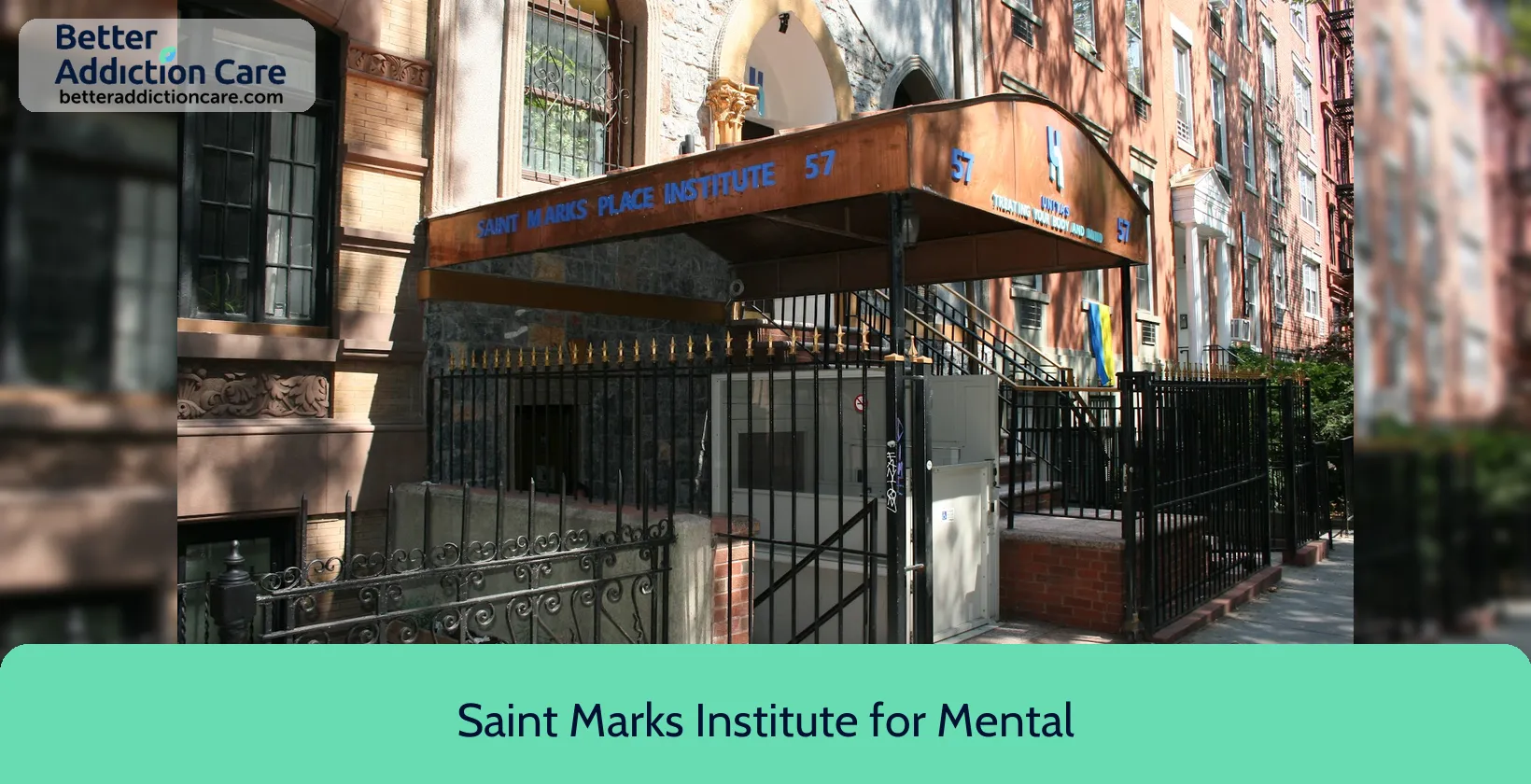
6.71

6.68
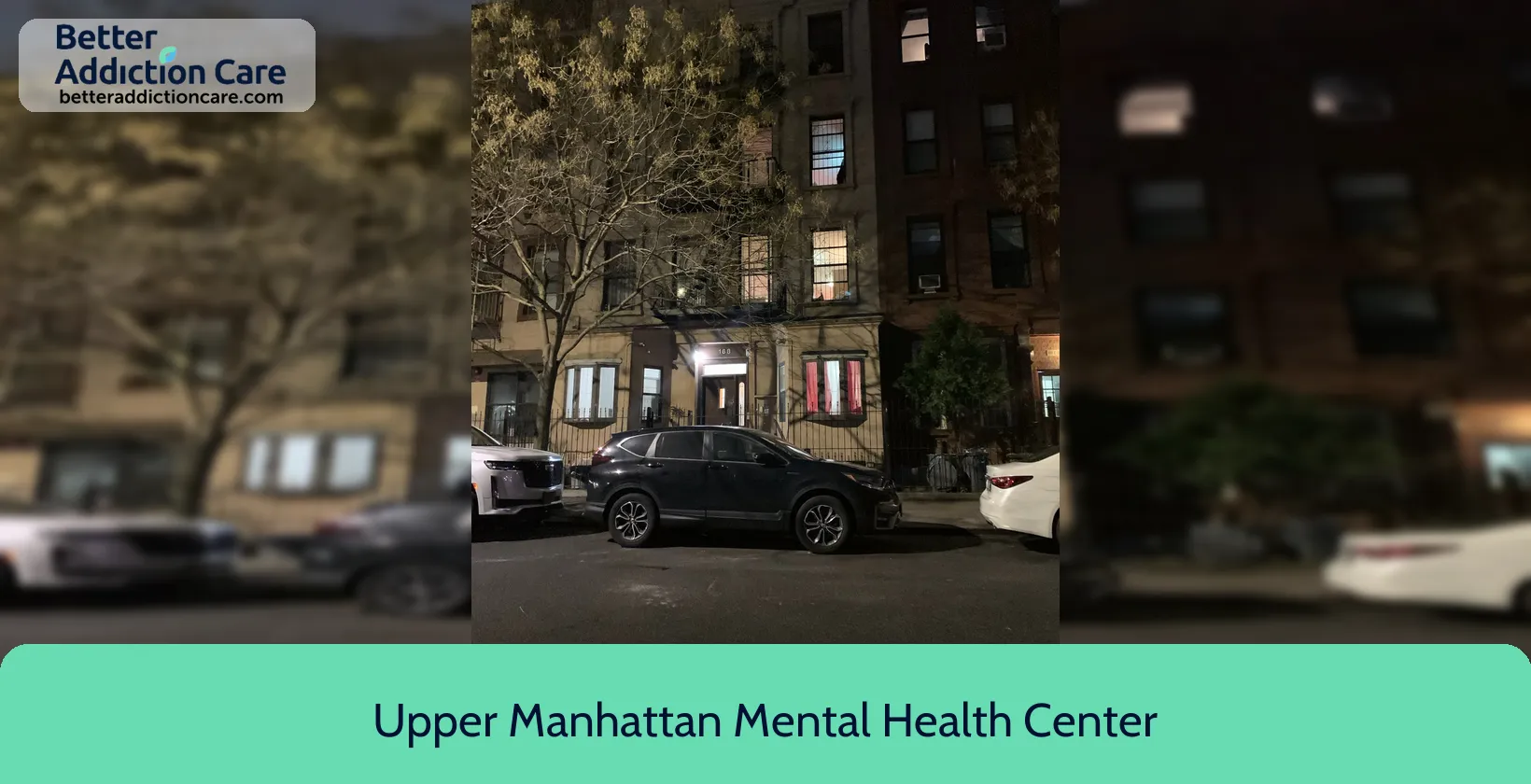
6.86
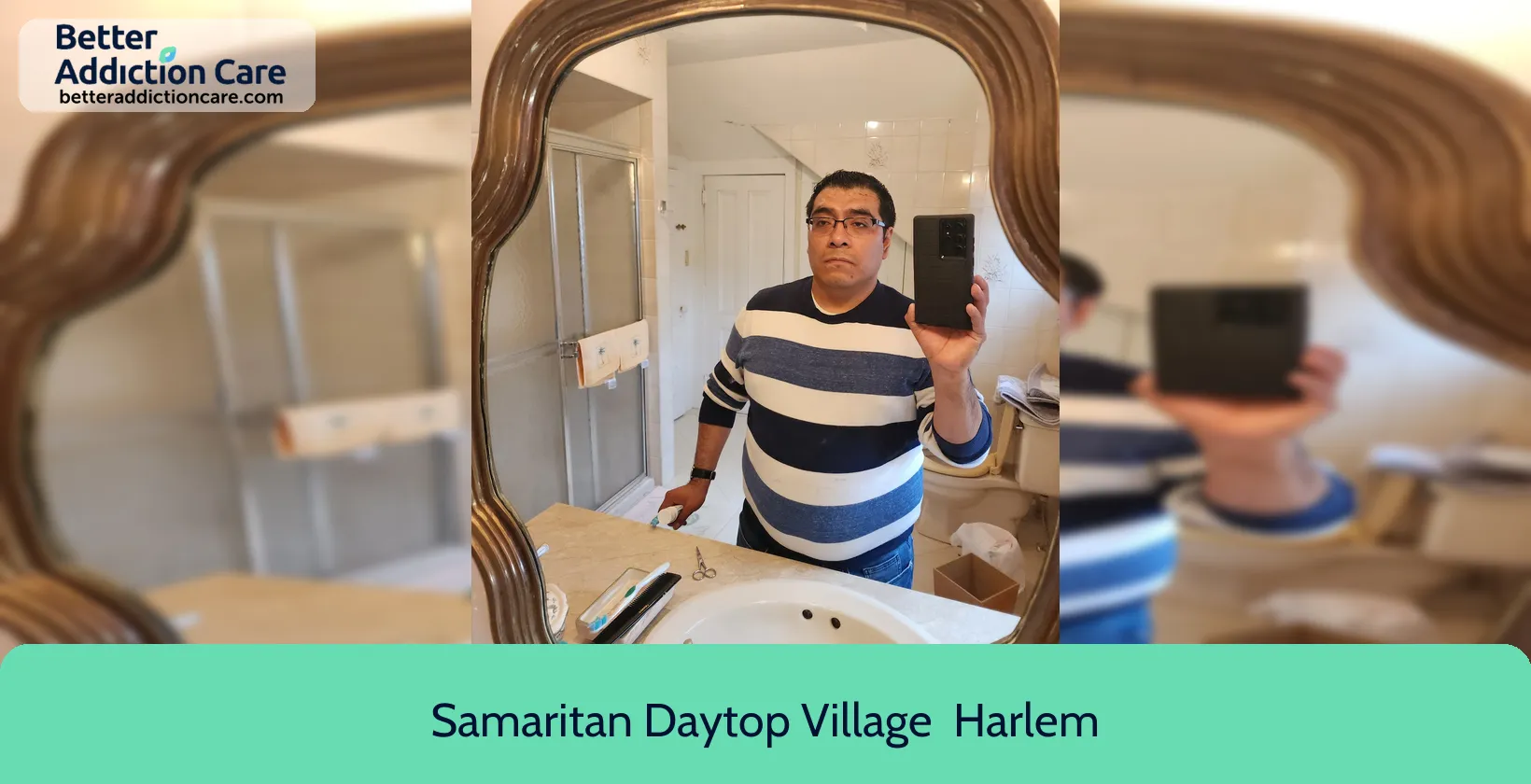
7.41
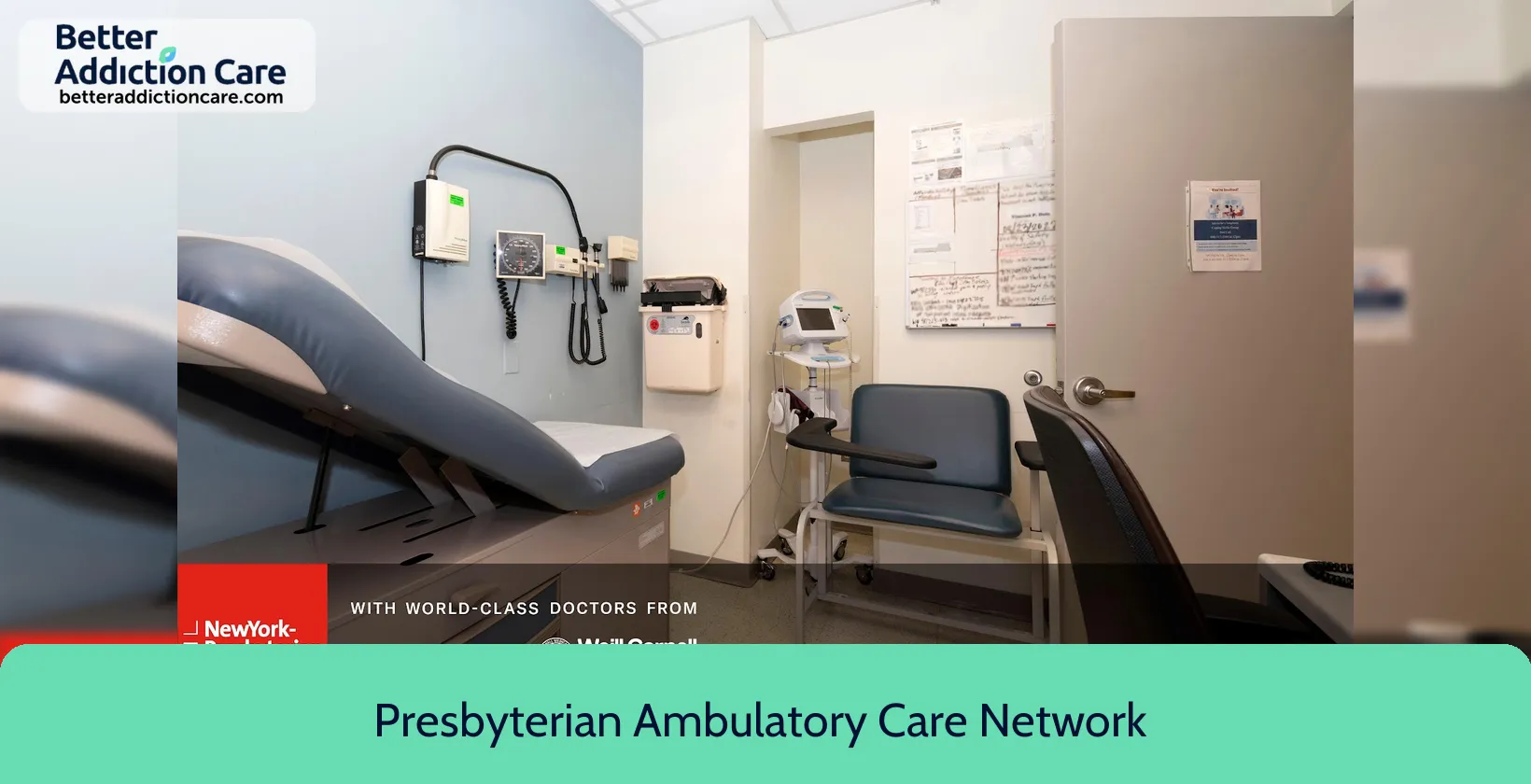
7.27
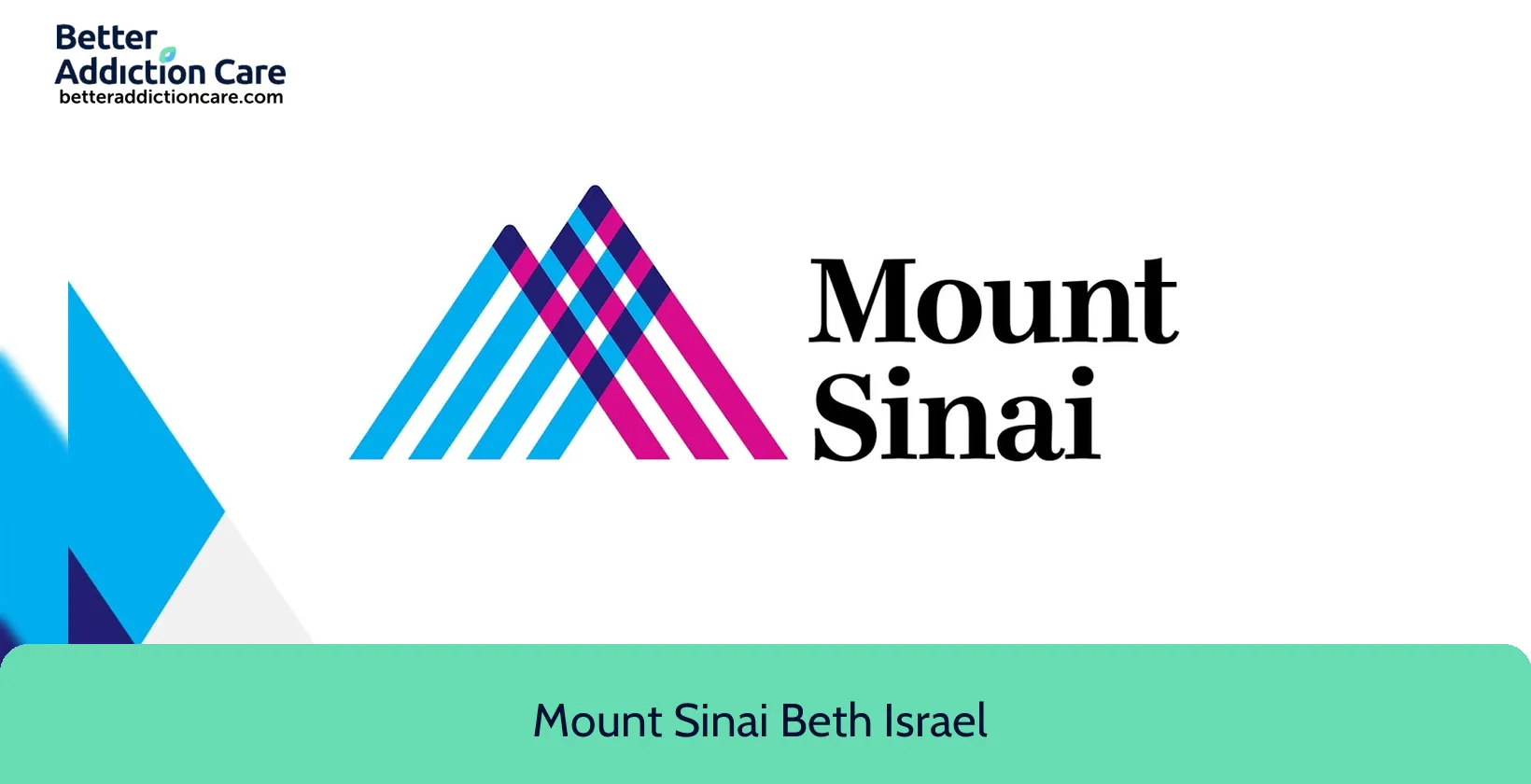
7.68
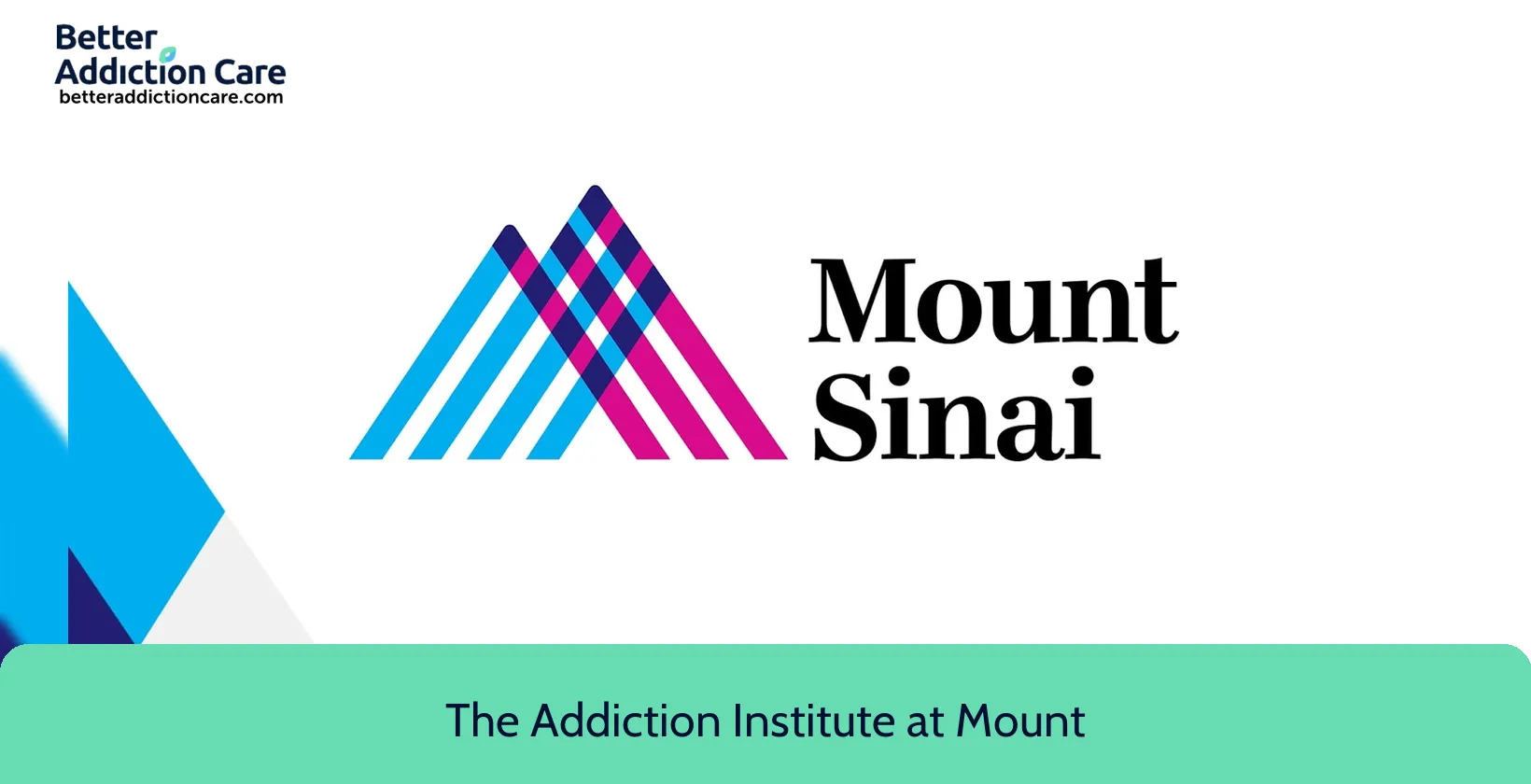
7.50
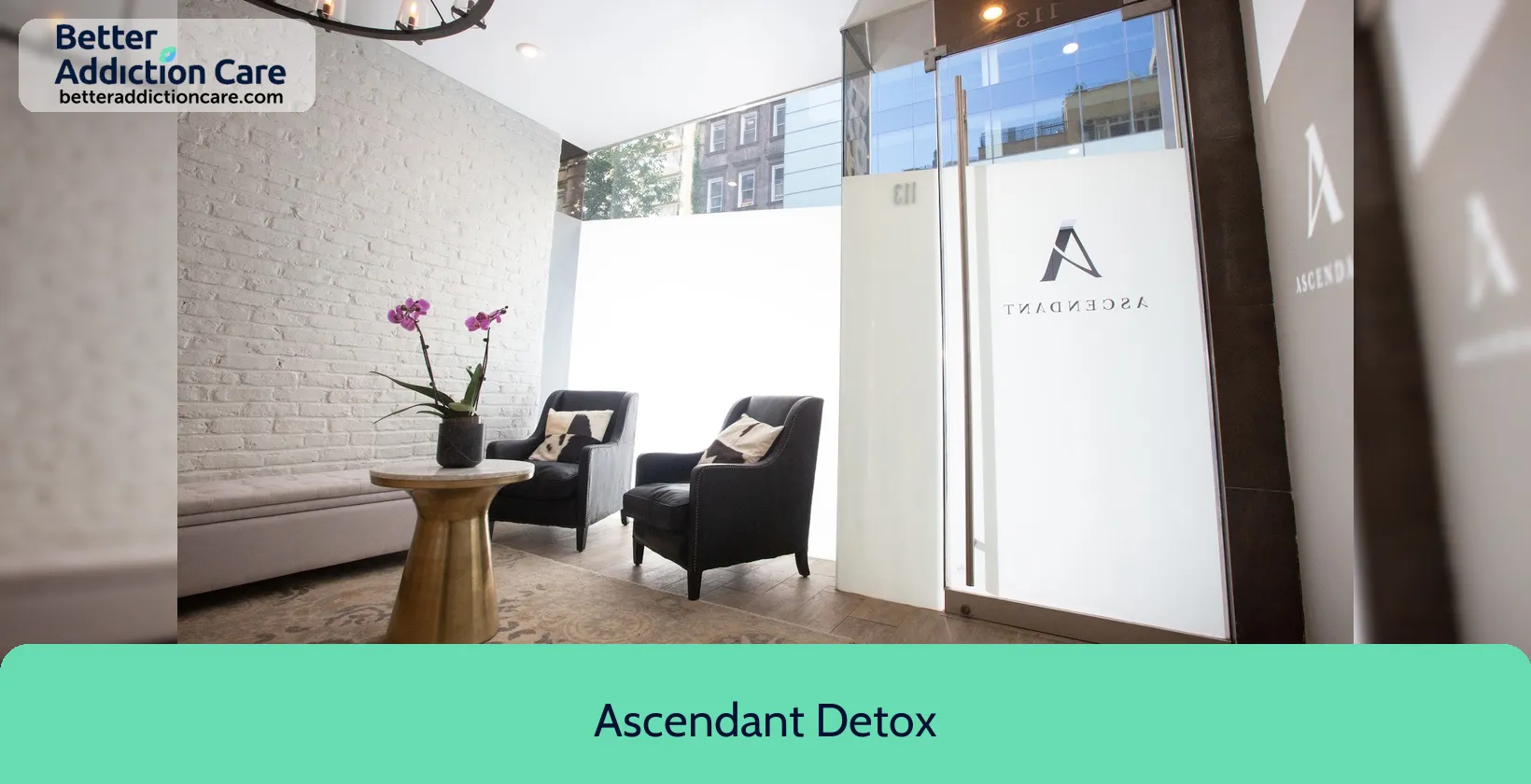
7.52
DISCLAIMER: The facility name, logo and brand are the property and registered trademarks of Ascendant Detox, and are being used for identification and informational purposes only. Use of these names, logos and brands shall not imply endorsement. BetterAddictionCare.com is not affiliated with or sponsored by Ascendant Detox.
